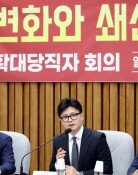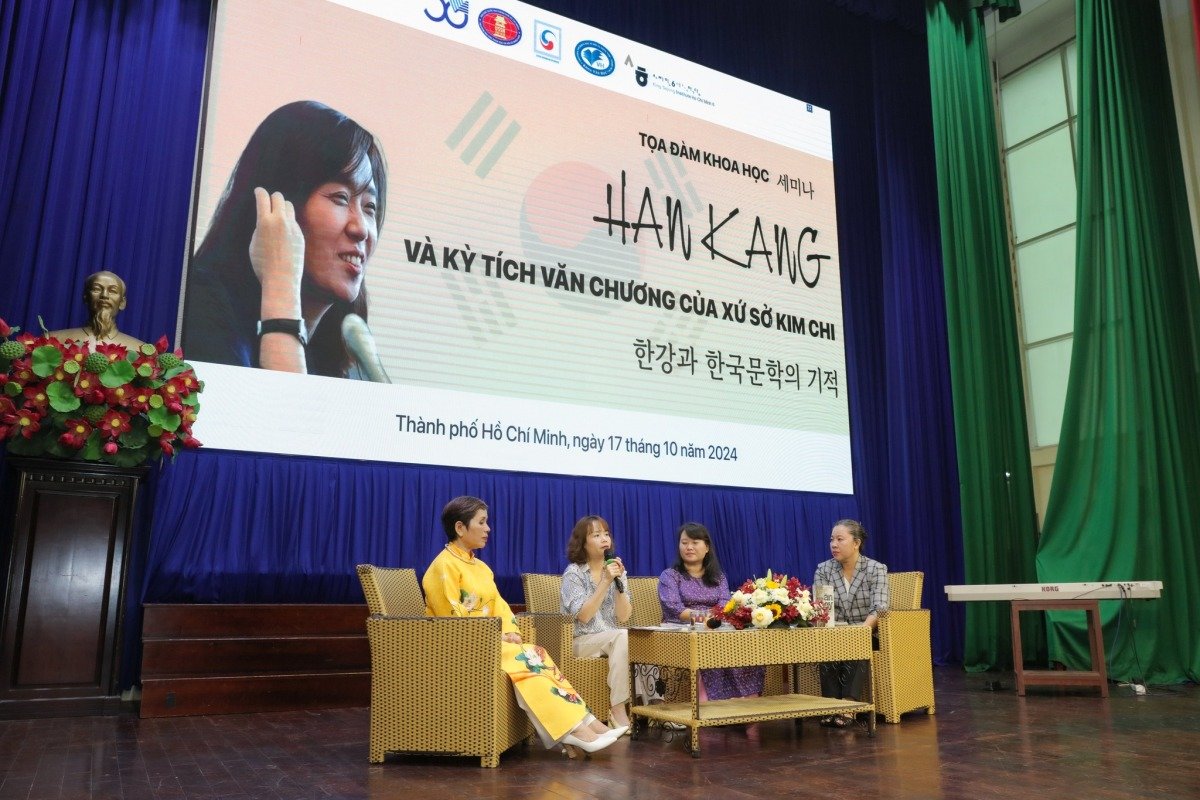[Focus] What`s changing in new year? (2)
[Focus] What`s changing in new year? (2)
Posted December. 29, 2000 21:19,
What`s changing in new year? (1) What`s changing in new year? (2)
¡å Construction
Reduction of building-to-land and floor area ratios of quasi-farmland: The building-to-land ratio of quasi-farmland will be lowered to 40 percent and the floor area ratio to 80 percent, and the detailed ratios will be set by city and county ordinances.
''Restriction on construction of so-called ``love hotels¡¯¡¯: Construction of facilities harmful to local dwellings, such as ``love hotels,¡¯¡¯ will be restricted beginning in July.
¡å Industry
Electronic trade to be included in the category of trade: E-trade will be included in the category of trade from January. As a result, all online transactions involving software and digital contents through the Internet will be subject to the Foreign Trade Law.
Expansion of power supply to islands: Electric power supply will be expanded to small islands with 50 households or more.
¡å Agriculture and Forestry
Implementation of system to clarify the nature of genetically modified agricultural products (GMOs): Beans, bean sprouts and corn, if containing more than 3 percent genetically modified products, must be labeled as such from March.
Disaster insurance for farming products to be introduced: In order to ensure stability of farming households¡¯ economy, insurance will cover damages on farming products caused by natural disasters like typhoons, hail or frost. The new insurance will be applied to apples and pears as a model case. The government will subsidize 30 percent of the premium and 50 percent of the operational expenses.
¡å Health and Welfare
National health premiums will be raised: Premiums for national health insurance will be raised 15 percent for the jobless or self-employed persons and 21.4 percent for wage earners in January. Eligibility for subscription to insurance for wage earners will be expanded to those at all workplaces (currently eligibility is limited to those at workplaces with five or more employees) from July.
Sales of ordinary medicines: Patients can buy ordinary medicines at drugstores without a doctor¡¯s prescription. But they must buy such medicines in packs produced by pharmaceutical manufacturing companies, not by the tablet.
Guarantee of people¡¯s basic living standard: Government subsidies will be increased to 166,000 won a month on average from the present 133,000 won. The state will conduct medical examinations for stomach, breast, uterine cancers free of charge for 55,000 people aged between 40 and 49 subject to medical protection.
Restriction on land for burial: The size of an individual grave in the public or family cemeteries will be reduced to 9 pyong (29.7 square meters) from the present 24 pyong (79.2 square meters), while the space for a group grave will decrease to 3 pyong (9.9 square meters) from the current 9 pyong (29.7 square meters). The group grave will be used for 15 years, but the period can be extended three times.
¡å Labor
Allowance for retirement to be reduced: After workers receiving retirement allowances reach a fixed age, the allowance is reduced. Subject to the change are people aged 65 or over, and the standard of the reduced amount is 65% of the average wage.
Increase in minimum wage levels: The minimum wage, now at 1,600 won per hour, 12,800 won per day and 361,600 won per month will be raised to 1,865 per hour, 14,920 won per day and 421,490 won per month. The workplaces affected will be expanded to all workplaces employing workers from those with five or more.
Expansion of employment support for long-term jobless: Subsidies to encourage employment of people who lost their jobs for one year or more after they last applied for a job will be given to companies hiring those who have been jobless for six months or more.
¡å Environment
Strengthening of air environment level: The level of allowable sulfurous acid gas density in the air will be raised to 0.15ppm per hour from the present 0.25ppm. The permissible level of exhaust fumes by light cars will be also strengthened to 220ppm from 400 ppm of hydrocarbon. The permissible level of exhaust gas of vehicles of 3.5 tons or more using diesel fuel will be also upgraded.
Recovery of used fluorescent lamps: Used fluorescent lamps will be collected separately from other wastes. This new formula will be implemented next year, starting in capital area as a trial case.
¡å Education
Schools to decide on holidays autonomously: Elementary, middle and high schools can reduce the number of school days to 198 from the current 220 days a year according to school conditions. Principals are authorized to decide on vacations and holidays. They may have ``brief vacations¡¯¡¯ of three to five days by canceling classes around holidays, excursion days, field days and examination days.
Abolition of age limit for applying for examination to recruit teachers: The age ceiling for those applying for the examination to recruit teachers will be set at 40, but if there is a special reason recognized by the chief of the agency holding the exam, the ceiling may be extended.
'Prohibition of universities¡¯ written tests to recruit students: Universities will be banned from administering written tests to recruit students, except for essay writing tests. The education minister shall demand those that violate this regulation to correct their practice and reprimand them.
Dual system for recruiting college freshmen: The current four formulae for recruiting students: at any time, specially, regularly and additionally will be reduced to two: any time and regularly. From the first semester of the third year of high school, recruiting students any time will be possible.
Expansion of subjects whose credits are recognized: Credits obtained in North Korea and abroad or at life-long education facilities like colleges within companies will be formally recognized as college credits.
¡å Conscription Affairs and Defense
Sites for physical examinations for conscription will be diversified: The sites of physical examinations for conscription, limited, so far, to regional conscription offices or military hospitals, will be diversified, as designated by the heads of the offices.
Dates for physical examinations for conscription can be confirmed through the Internet: The dates for the physical examinations for conscription can be confirmed through the Internet. Various notices about military service, such as notices for homeland reserve forces drills, will be sent by e-mail through the ``Electronic Mail Center.¡¯¡¯
Payment of compensation for soldiers¡¯ deaths caused by disasters: Families of soldiers who die due to reasons other than battle or other official duties shall be paid compensation money of 5 million won each beginning in April.
¡å Diplomacy
Passport expiration system to be introduced: A system to notify passport holders six months before the expiration of passport validity will be implemented. The Ministry of Foreign Affairs and Trade will send the notice by mail to the passport holders in cooperation with local autonomous bodies.
Issuance of passport with transcribed photo: In order to prevent the forgery or alteration of passports, passports with transcribed photos, like the current resident¡¯s card, will be issued beginning in the second half of next year.
¡å Public servants
Report on details of stock portfolios of public servants: Public post holders who are subject to rules to make public their assets have to report the details of their stock portfolio, including acquisitions or transfers, and changes in their properties from next year. Until now, they reported only the status quo of their stock holdings.
Retired officials¡¯ taking jobs related to their previous business area will be banned for three years: Retired officials are not allowed to accept jobs at private companies whose businesses are related to the business of the government offices they belonged to for three years before retirement. They are also banned from being hired by corporate bodies handling businesses similar to those where they worked for two years prior to retirement.
Employment rate of women to be expanded to 25 percent: The compulsory acceptance rate of women in the exam to recruit public servants will be raised to 25 percent from the present 20 percent.
Reform of public servants¡¯ pension system: The deduction amount of public servants¡¯ pensions will be hiked to 8.5 percent from the present 7.5 percent, and the starting age to receive the pension will be limited to 50 or more.
¡å Others
More Chinese letters to be used for names: The number of Chinese letters to be used for names will increase to 4,878 by adding 1,754 that can be supplied by computers.
Headline News
- Presidential Office signals possible offensive weapons aid to Ukraine
- N. Korea reportedly prepares military balloon attack with Russia
- Medical associations join bipartisan talks on expanding medical school quotas
- Former world No. 1 Ko Jin-young returns to LPGA
- Kakao unveils AI service ‘Kanana’ at 'if Kakao AI 2024'







